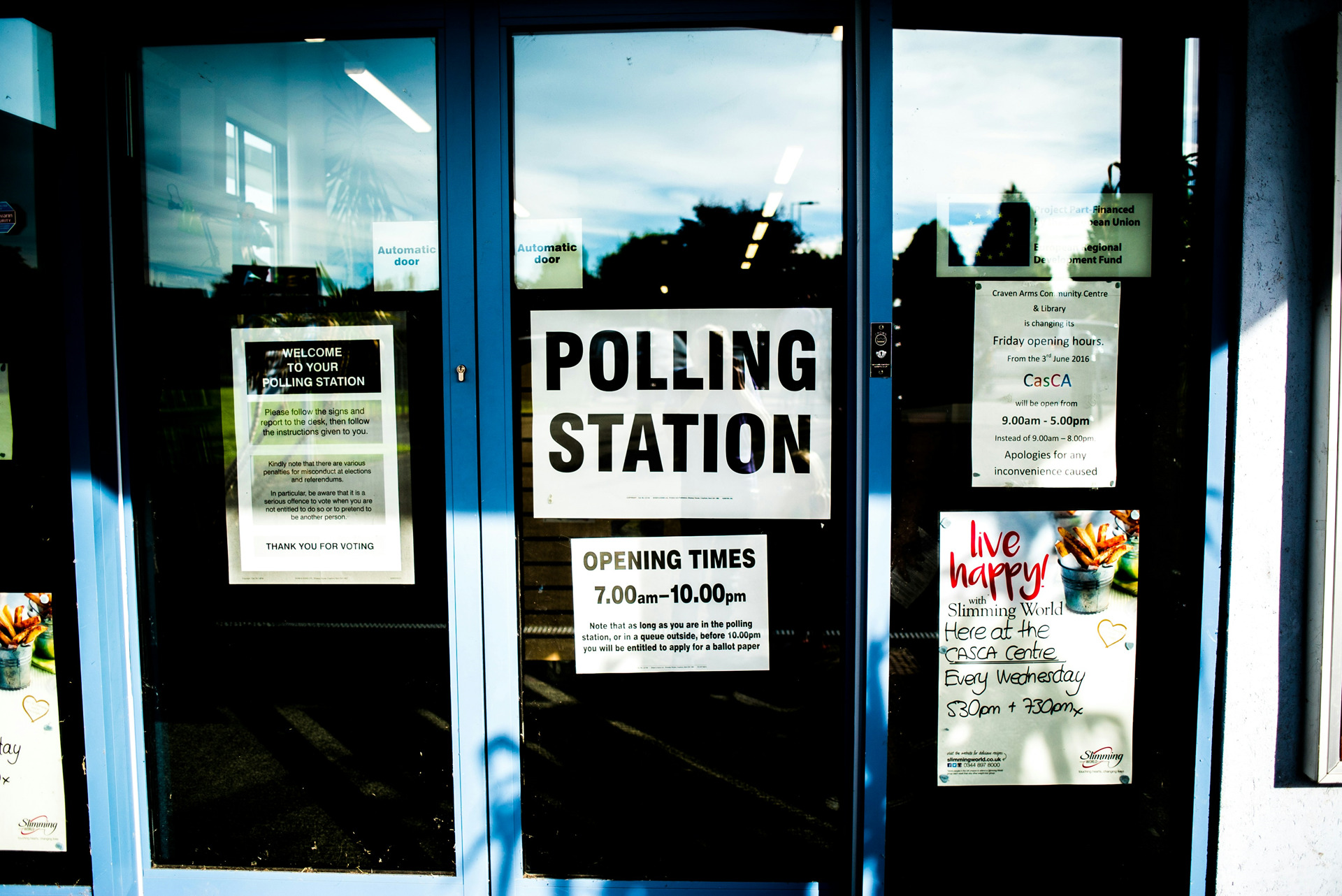
Views and insight from MPs
The Government’s recent announcement to increase National Insurance by 1.25% has opened up a long-needed discussion on social care in the UK.
The planned increase of NI is said to be in order to pay for reform in the social care sector and reduce the backlog on the NHS caused by the Covid-19 pandemic.
However, critics say increased National Insurance contributions will most harm lower-paid workers.
MPs overwhelmingly believe that social care should have increased funding...
Using the Savanta ComRes Parliamentary Panel, MPs were asked their views on social care reformation, as well as what the Government can do to best prepare for the future.
MPs overwhelmingly believe that social care should have increased funding. Five in six (85%) MPs believe social care should have increased funding, whereas only one in twenty (4%) MPs disagree. Somewhat surprisingly, one in five (20%) Conservative MPs said they ‘did not know’, expressing no view on the topic.
MPs were also asked what they believe to be the biggest issue currently facing social care in the UK, with just under half (45%) state it is funding.
The second top answer is workforce shortages (16%), closely followed by access to social care (14%), quality of care (11%) and support for unpaid carers (4%).
Prime Minister, Boris Johnson, has also promised a white paper to be released by the Health Secretary in the coming months, focusing on social care reformation and its integration with healthcare.
When asked whether they support or oppose the amalgamation of Social Care and the NHS, two in three (65%) MPs showed support, whereas only one in six (13%) MPs oppose.
Contrarily, although the Government has hinted at incorporation, the largest opposition comes from their own backbenchers. One in five (20%) Conservative MPs oppose such a proposal and a further one in five (22%) Conservative MPs neither support nor oppose integration.
Finally, MPs were asked an open question on how the Government can best prepare for the health and social care issues related to a rising ageing population. The results showed a vast array of ideas, with many MPs confirming their previous answers.
Many MPs stated that increased funding is vital for preparation, with support from all parties. One MP mentioned that social care should be nationalised, but several Conservative MPs disagree with this assessment. One Conservative MP stated that it should be made clear that social care is not free, whereas another stated the public should “use equity in their houses to pay for old age care”. Another Labour MP supports the implementation of a “National Care Service, to ensure the needs of this growing section of the population is met”.
It appears that many MPs across the aisle agree that more funding for social care is vital, whilst also showing support for the NHS and social care sector integrating. Finally, a Labour MP stated there is “cross party support for reform”, showing the Government may be able to introduce sweeping changes, although the how and when may be up for further debate.





